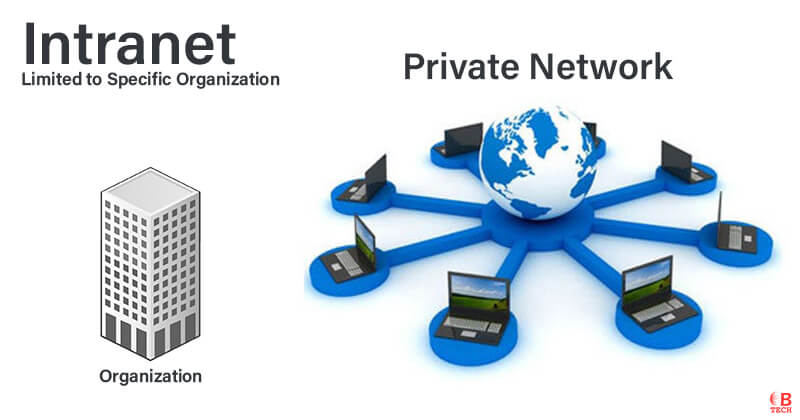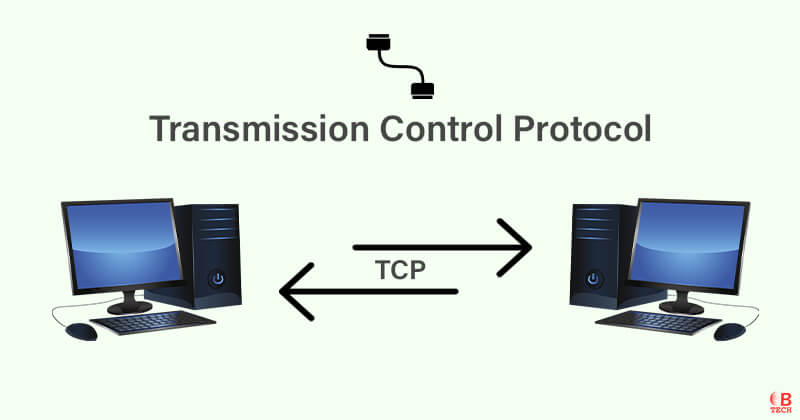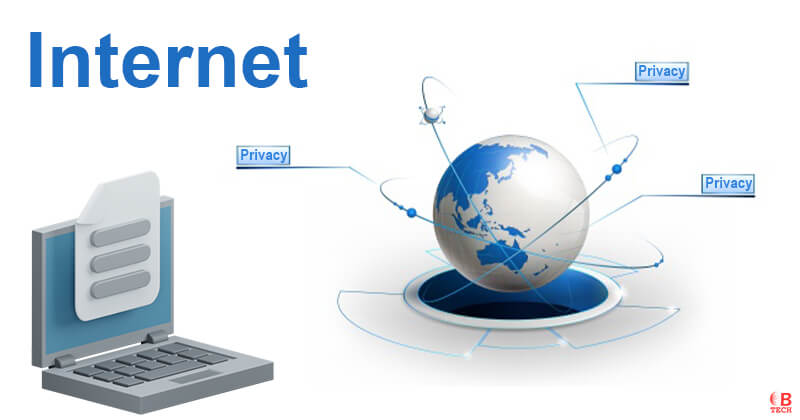Data privacy also known as information privacy, involves the careful handling of sensitive information including personal details, financial data and intellectual property. It’s about ensuring that this data meets legal standards and remains confidential and unchanged.
There are three main types of data protection:
- Traditional data protection like making backup copies for recovery.
- Data security which protects data from threats.
- Data privacy which focuses on managing and protecting personal and sensitive information.
Data privacy ensures that sensitive and personal information is handled correctly. It’s part of broader practices in data protection and security aiming to keep critical business data available and unchanged.
“The European Union (EU) uses the term “data protection” to refer data privacy.”
Data privacy is important for protecting data from threats both internal/external. It determines how digital data is shared and with whom. Additionally, it involves managing how data is shared with third parties, where it is stored and complying with specific these processes.
Today, nearly every country has some laws regarding data privacy tailored to the needs of different industries or populations.
Data Sovereignty
Data sovereignty means that any digital data is governed by the laws of the country where it’s located.
As cloud services become more popular and concerns about security grow, many countries have passed laws that require data to be stored within their own borders, where the data’s owners live.
Issues with data sovereignty often involve preventing data from being stored outside the country where it originated. Keeping data within one country can be challenging and usually depends on specific agreements made with cloud service providers.
Different Regions
In the European Union, privacy is seen as a fundamental right. However, in other parts of the world privacy is often viewed as part of personal freedom, specifically, the freedom from government intrusion. In most places, privacy is legally defined and isn’t just about technology. The term “data protection” is used to describe the technical measures taken to keep data safe and accessible.
Importance
Data privacy is important for businesses for several reasons:
- Managing Business Assets: Data is a key asset for any company, especially in today’s data-driven economy where businesses gain great value from collecting and using data, particularly from sources like social media. It’s important for businesses to be clear about how they obtain permission to use personal data, follow their own privacy policies and handle the data they collect. Doing this builds trust with customers, who naturally expect their privacy to be respected.
- Staying Within the Law: Adhering to data protection regulations is critical. Businesses must comply with legal requirements regarding how they collect, store and process personal data. Failing to do so can result in hefty fines. Moreover, if a business is hacked or suffers a ransomware attack, the financial losses and damage to customer trust can be severe.
Data Security
It’s common for businesses to confuse data privacy with data security but they are not the same. While data security involves protecting data from unauthorized access or attacks such as those by hackers or malicious insiders, data privacy focuses on the rules for how data is collected, shared and used.
Simply securing data from threats does not mean a business is automatically complying with data privacy laws. These laws specify how businesses must handle personal and sensitive information including obtaining proper consent to collect and use this data.
Complexity of Legal Definitions
The concept of data privacy is important for businesses but legally, it can be quite complex.
Major regulations like GDPR, CCPA and HIPAA don’t clearly define “data privacy” leaving companies to figure out what best practices fit their industry. These laws often use the term “reasonable” to describe expectations but what’s considered reasonable can vary between different regulations as can the penalties for non-compliance.
In practice, this means that companies handling sensitive and personal data should aim to go beyond the minimum legal requirements. By doing so, they ensure their data handling practices are safer and more robust than what the laws strictly require.
“Data privacy isn’t just about technical measures but about fostering trust. It’s not merely about keeping secrets, infact, it’s about ensuring that individuals retain control over their personal information.”



